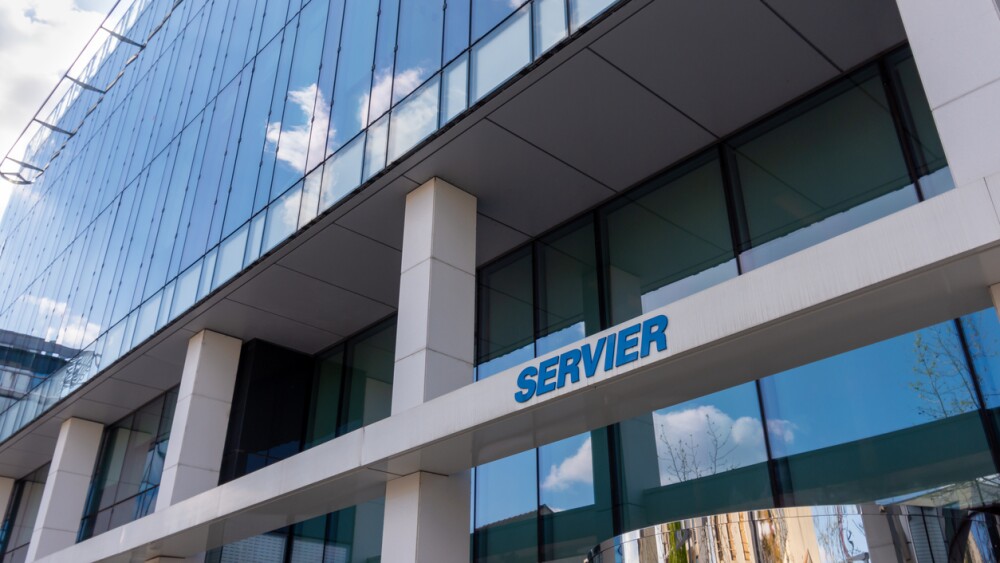The French giant is gaining access to darovasertib, a small molecule protein kinase C inhibitor already in Phase II/III trials, with rights for the whole world besides the U.S.
French pharma giant Servier is putting $210 million upfront into a deal with San Francisco–based biotech IDEAYA Biosciences to advance a new treatment for a rare eye cancer called uveal melanoma. IDEAYA is also eligible to receive up to $100 million in regulatory approval-based milestone payments and up to $220 million in commercial milestone payments, as well as double-digit royalties on sales of the drug outside of the U.S.
The deal, announced Tuesday, centers around darovasertib, an oral protein kinase C inhibitor targeting metastatic uveal melanoma. IDEAYA is currently testing the drug in multiple clinical trials, including a Phase II/III study testing it in combination with the chemotherapeutic crizotinib, with a readout expected by the end of the year or early in 2026. Under the partnership, IDEAYA will retain the rights to darovasertib in the U.S., while Servier will own rights in the rest of the world.
“We believe the Servier partnership will enable our organization to bring arovasertib to more Uveal Melanoma patients globally, while enabling IDEAYA to focus on its ongoing US commercial-readiness activities,” Yujiro Hata, president and CEO of IDEAYA, wrote in an email discussing the deal.
The deal extends IDEAYA’s cash runway from 2029 to 2030, according to Hata’s email, with an updated pro forma cash balance of about $1.2 billion. Shares of IDEAYA are up 2.9% in Tuesday morning trading.
Darovasertib won FDA Breakthrough Therapy designation in primary uveal melanoma in March. The asset previously received Fast Track designation in 2022 in combination with crizotinib in metastatic uveal melanoma and was also designated an Orphan Drug that year.
Servier and IDEAYA will collaborate on darovasertib’s development and share associated costs. Some of those costs will come from launching together a Phase III global randomized trial in adjuvant uveal melanoma in 2026, according to the announcement.
Although eye cancers in general are rare, uveal melanoma represents the most common form, accounting for 85% of ocular melanomas. Uveal melanomas occur at a rate of about 5.1 cases per million Americans, with comparable but slightly varied rates in other parts of the world.
It has been a quiet year for Servier in the dealmaking department, with the IDEAYA partnership only the second announced this year, after a pact with Black Diamond in March worth up to $780 million to obtain its de-prioritized non-small cell lung cancer molecule BDTX-4933.






